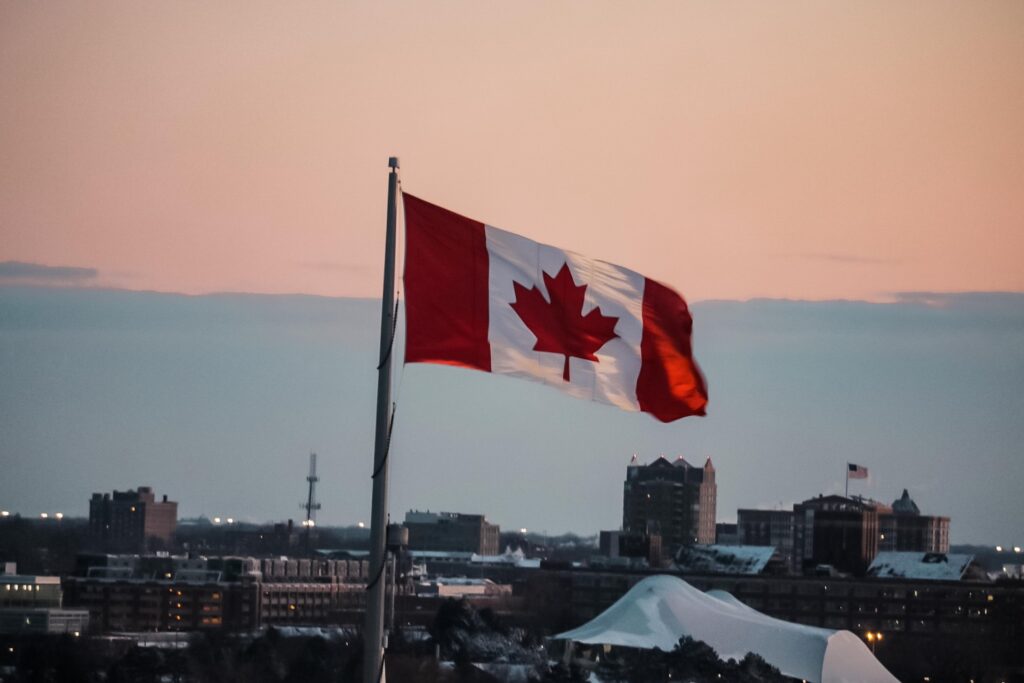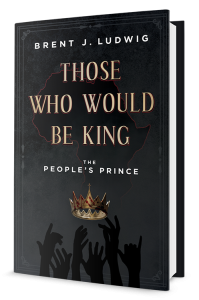The Evolution of First Nations Relations in Canada
As many of you know, my recently published book, Those Who Would Be King: The People’s Prince (#1 bestseller on Amazon), delves into the sensitive subject of financial aid to African countries.
My interest in this subject is strong, having grown up in remote mining communities across Canada, it is impossible not to draw parallels with the historical relationship between the Canadian government and our own indigenous people, and the problems caused by foreign aid to Africa.
First Nations and the Indian Act
Historically, and to this day, the government of Canada has administered its First Nations people under the Indian Act. Depending on where your viewpoint falls on the spectrum, the Act and the federal government had nothing but genocidal intent (one end of the spectrum), fully desiring to eliminate the culture of Canada’s first settlers.
The other end of the spectrum of views would see the Canadian government as having played a paternal or maternal custodial role, looking after its native population as a ward of the state.
It probably goes without saying that it was truly somewhere in between these two extreme views, and I am making no comment whatsoever on the appropriateness of either view.
I do, however, want to focus on what I see as exciting change happening in Canada with respect to relationships between First Nations, private businesses, and federal, provincial, and regional/municipal governments (for ease of reference, all levels of government in this article will be referred to simply as “government”).
The Modern Progression of Relations
Relations between the government and First Nations have evolved. First Nations have changed the way they both think and act in the best interests of their constituents, their band members. I believe that we can characterize the evolution of these relations into three relatively distinct phases.
In my early days, First Nations bands held out their collective hands as (more-or-less) supplicant wards of the state. I recall the 1970s era, with the federal government doling out money to eagerly awaiting First Nations hands and mouths. This process created a dependency on federal cash, as First Nations people had become very reliant on these funds, thus entrenching the power dynamic of the supposedly well-intentioned providers, and First Nations people as dependent, subordinate members of a class that had little or no direction over its future.
In the late 1980s and early 1990s, I believe it is fair to say that First Nations groups and bands across the country began to fight back. Protests became more commonplace, and even armed confrontations occurred (for example, the Oka, PQ crisis where 2500 activists/warriors squared off, nose-to-nose, with 4000 Canadian Armed Forces members and 2000 members of Quebec’s provincial police force, the SQ).
Canada’s indigenous people also began to fight back in the Canadian courts, laying the legal foundation for increasing their claims to territorial lands and rights to traditional ways of subsistence.
The modern era of the relationship between First Nations, businesses, and government can be characterized, I believe, as rights-based cooperation and self-determination. Canada’s indigenous population is now largely focused on securing their own destinies and increasing levels of self-governance.
For example, In August of 2023, the Whitecap Dakota First Nation in Saskatchewan became a self-governing entity and has officially been removed from administration under the Indian Act. Whitecap-Dakota Chief Darcy Bear said that this step “… pulls us out of the governance structure of the paternalistic Indian Act. The Indian Act was never meant for us to be a part of even the economy. It was created to segregate us from society, keep us out of sight and out of mind, and put us on little tracks of land called reservations.”
Indeed, the vast majority of First Nations wish to be partners in economic development–in fact, often as shareholders in a business or enterprise–such that they have a say and a financial interest in major infrastructure and other projects.
The Key—Ending Dependency on Handouts
In Canada, many First Nations are now less dependent on the government than since the proclamation of the Indian Act. Handouts are often no longer wanted or needed.
In my book, I argue that foreign aid creates a dependent relationship in Africa, such that there is little incentive for long-term reform as long as needs are met during crises. It is evident to me that relationships with First Nations in Canada have evolved significantly and that foreign countries looking to help African nations need to similarly evolve their thinking on aid. Despite hundreds of billions of aid being showered upon Africa, few countries have seen appreciable gains in the living standards of their people.
The impetus for change must be the need for change. Foreign aid slakes, or even eliminates, that need.
***
I look forward to sharing this journey with you. Let’s connect on Twitter, Facebook, LinkedIn, or Instagram; or my newsletter here.
Those Who Would Be King: The People’s Prince is available to order now on Amazon.ca, Amazon.com,
and anywhere fine books are sold.

